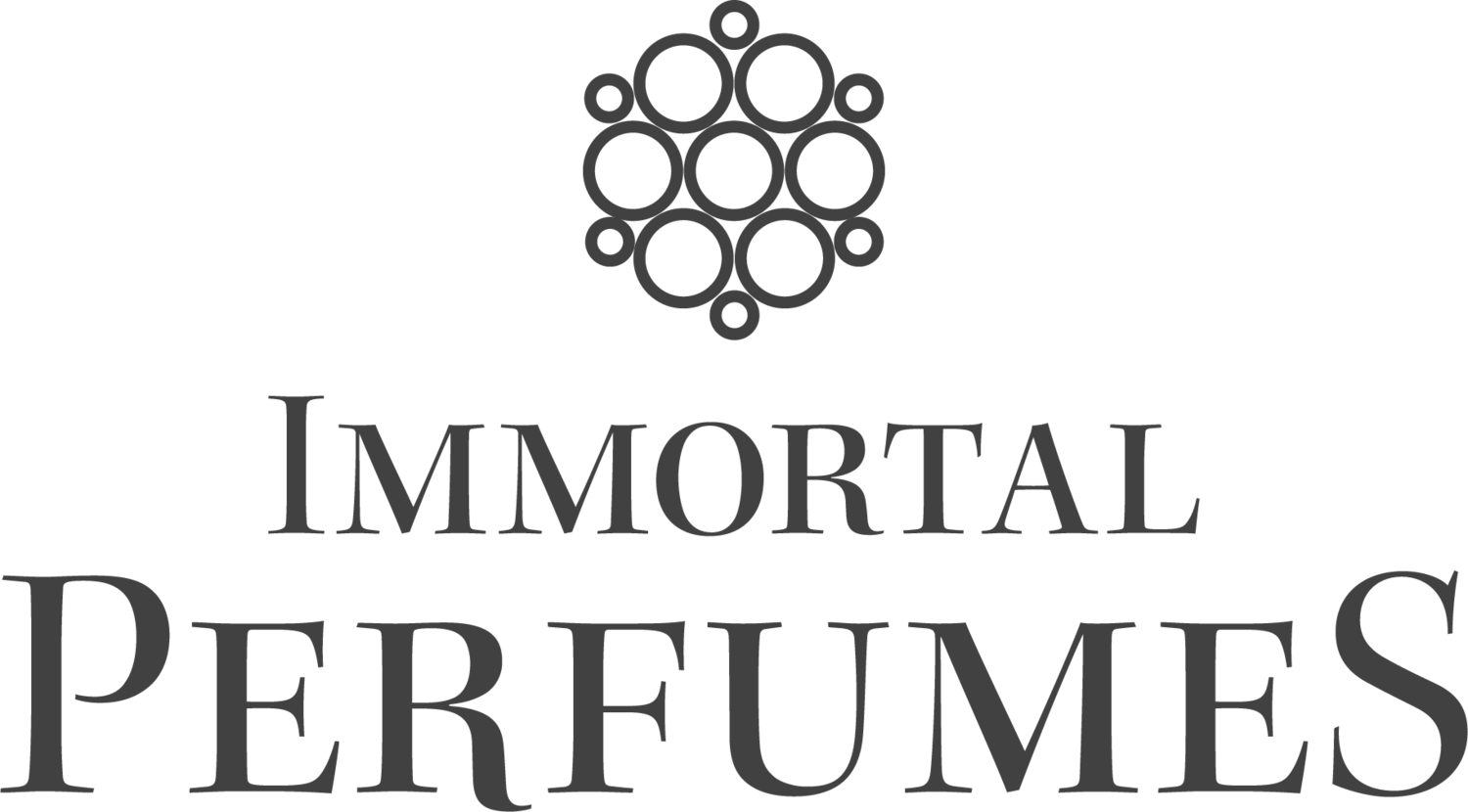THE VOODOO QUEEN OF NEW ORLEANS
Mardi Gras is upon us. For this installment of the Behind the Perfume series, we'll be visiting one of New Orleans' most famous residents. This is part of a series of posts on the historical figures that are the inspiration for Immortal Perfumes. For more historical figures, check out the rest of the series.
In the 1800s, New Orleans was a melting pot of Creole, black slaves, and free people of color. Practitioners of voodoo kept the city spellbound with public rituals and the creation of charms, potions and hexes - that could be bought for a price and used against those who might bring harm...or to entice a reluctant lover.
Marie Laveau, a beautiful Creole woman born of a French plantation owner and his mistress of African and Choctaw Indian descent, rose from humble beginnings to be the quintessential Queen of New Orleans.
On her father's plantation, the devout Catholic Marie trained to be a hairdresser - a skill that would serve her well in later years. It's unclear if her husband Jacques Paris deserted Laveau or died, but once he was gone the young Widow Paris, as she called herself, had two children to raise. She established herself as a hairdresser and owing to her beauty and charm, she was able to ingratiate herself to the upper-class white and Creole women of the city. With a hairdresser's skill for conversation, Laveau's clients saw her as a confidant and told her the dirty secrets of New Orleans' wealthiest.
WITCH OR SAINT?
Voodoo was already popular in New Orleans when Laveau arrived on the scene, however, its dark reputation left much to be desired from the upper crust of society. The Widow Paris, who by this time had entered a common law marriage that produced 15 children, was still a devout Catholic - she even attended mass everyday. But she was intrigued by the traditional African beliefs and rituals imparted to her by her mother. It was after meeting Doctor John, a voodoo doctor, that she learned the craft and incorporated her own Catholic based beliefs to lure in those who might be put off by what was considered dark magic. Her rituals involved possession by loas (voodoo spirits) as well as prayer, incense, holy waters, and snakes.
Her trade consisted of the sale of gris-gris (a protection charm), love potions, hexes, and fortune telling. But it was her lavish rituals and ceremonies in Congo Square that brought her fame and established her as the reigning Queen of Voodoo in a city overrun with purported doctors and queens.
Her earlier days as a hairdresser and confidant to the wealthy gave her an upper hand in her divination practices - secrets, gossip, and paying off servants went a long way in establishing a fearful, all-knowing persona.
In addition to her work as a priestess, Laveau was also a humanitarian who nursed the sick and ministered to those bound for the gallows. It is said she saved several men from the death sentence.
After Laveau died in 1881, her daughter known as Marie II, followed in her mother's footsteps carrying on public rituals and private divination. She was never able to capture the same attention and prestige as her mother and ultimately drowned in the 1890s.
While not interred there, the Voodoo Vault in Saint Louis Cemetery #2 is a pilgrimage site for admirers of the Voodoo Queen. Hopeful visitors scribble XXX and other messages in the hopes the spirit of Marie Laveau will grant them wishes. Flowers and rum are also popular offerings.
Voodoo Queen perfume oil was inspired by the spells and saints held dear to Marie Laveau. The combination of palo santo, saffron, sage, jasmine, black cardamom, rose, and cedar smells like a cross between a love potion and a curse.

